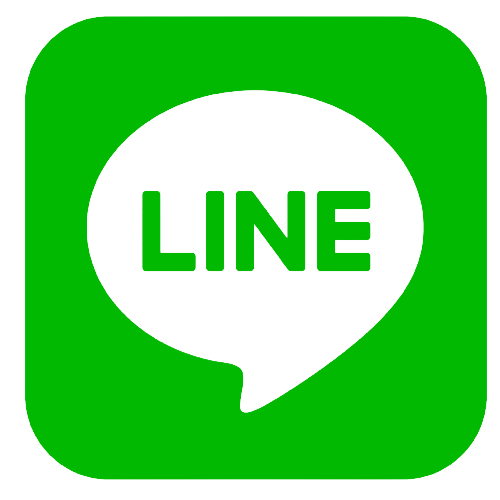Types of Mechanical Valves in the Industrial Valve Industry: Advantages, Disadvantages, and Their Applications
Types of Mechanical Valves in the Industrial Valve Industry: Advantages, Disadvantages, and Their Applications
The industrial valve industry plays an important role in piping systems, helping to control and regulate the flow of liquids, gases, and steam. Below is an article about the common types of mechanical valves in the industrial valve industry: gate valves, globe valves, ball valves, butterfly valves, check valves, Y-strainers, needle valves, angle valves, diaphragm valves, and sanitary valves. We will analyze the advantages, disadvantages, and applications of each type of valve.
1. Gate Valve
Advantages:
- Simple design, easy to maintain.
- Causes little pressure drop when fully opened.
- Suitable for fully open/closed applications.
Disadvantages:
- Not suitable for flow regulation.
- Can get stuck when the liquid contains sediment.
Applications:
- Water supply systems, wastewater treatment.
- Oil, gas, and chemical industries.
2. Globe Valve
Advantages:
- Precise flow control.
- Fast opening/closing.
- High pressure resistance.
Disadvantages:
- Creates large pressure drop.
- Large size and heavy weight.
Applications:
- Steam, hot water systems.
- Oil and gas, chemical industry.
3. Ball Valve
Advantages:
- Fast opening/closing.
- High tightness, low leakage.
- Long service life and low maintenance.
Disadvantages:
- Not suitable for precise flow regulation.
- May get stuck if the fluid has sediment.
Applications:
- Water, oil and gas systems.
- Applications that require fast opening/closing.
4. Butterfly Valve
Advantages:
- Compact and lightweight.
- Fast opening/closing.
- Suitable for narrow spaces.
Disadvantages:
- Not completely tight, may have small leaks.
- Less suitable for applications requiring precise control.
Applications:
- Water supply systems, wastewater treatment.
- Food and beverage industry.
5. Check Valve
Advantages:
- Prevents backflow.
- Automatically operates without intervention.
Disadvantages:
- Can get stuck if there is residue.
- Higher pressure loss than other valves.
Applications:
- Water pumping systems, water supply systems.
- Oil and gas and chemical industry.
6. Y-Strainer Valve
Advantages:
- Removes dirt in the system.
- Easy to maintain and clean.
Disadvantages:
- Requires regular cleaning.
- Creates pressure drop when there is a lot of residue.
Applications:
- Water supply systems, steam systems.
- Oil and gas and chemical industry.
7. Needle Valve
Advantages:
- Precise flow adjustment.
- High tightness.
Disadvantages:
- Not suitable for large flows.
- Requires precise manipulation to adjust.
Applications:
- Pressure measurement and control systems.
- Chemical and pharmaceutical industries.
8. Angle Valve
Advantages:
- Good flow regulation.
- Angle design reduces installation space.
Disadvantages:
- Can create high pressure drop.
- Requires regular maintenance.
Applications:
- Water and steam supply systems.
- Oil and gas and chemical industries.
9. Diaphragm Valve
Advantages:
- No internal moving parts in contact with the liquid.
- Good for corrosive and dirty liquids.
Disadvantages:
- Cannot withstand high pressure.
- Membrane life is shorter than other types of valves.
Applications:
- Food and pharmaceutical industries.
- Water and wastewater treatment.
10. Sanitary Valve
Advantages:
- Easy to clean design.
- Meets strict hygiene standards.
Disadvantages:
- Higher cost than other types of valves.
- Requires regular maintenance and inspection.
Applications:
- Food, pharmaceutical, beverage industries.
- Applications requiring high hygiene standards.
- Conclusion
Each type of mechanical valve in the industrial valve industry has its own advantages and disadvantages, along with specific applications in the pipeline system. Choosing the right type of valve to suit the technical requirements and operating environment is very important to ensure the performance and reliability of the system. Businesses need to carefully consider these factors to choose and use mechanical valves most effectively.
Phuc Minh Technical specializes in distributing:
- Tozen industrial valves
- Tozen gate valves
- Tozen globe valves
- Tozen ball valves
- Tozen butterfly valves
- Tozen check valves
- Tozen Y strainer valves
- VYC needle valves
- Tozen angle valves
- NDV diaphragm valves, Swissfluid diaphragm valves
- NDV microbiological valves
Contact information:
- Phuc Minh Technical Co., Ltd.
- Email: info@pm-e.vn
- Tel: 028-3535.2125
- Fax: 028-3535.0254
- Web: pm-e.vn
- Address: 92/38 Street No. 12, KP18, Binh Hung Hoa Ward, Binh Tan District, Ho Chi Minh City.
- Zalo: 0902720814 - 0907450506 - 0902800728 - 0979737351
Related News

FDA-Approved Rubber Gaskets – Safe Solutions for Food & Medical Applications
23/04/2025
FDA-Approved Rubber Gaskets – Safe Solutions for Food & Medical Applications Phuc Minh Engineering Co., Ltd. is proud to be one of the leading distributors in Vietnam of rubber gaskets for food and medical applications. Our products are made from high-quality materials and meet the strict FDA (U.S. Food and Drug Administration) standards – ensuring safety for direct contact with food and medical equipment.
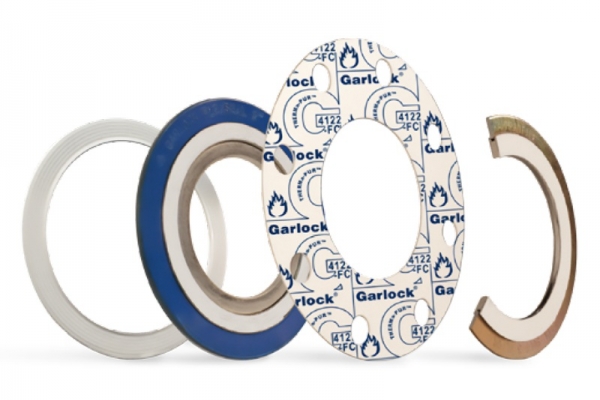
HIGH-TEMPERATURE GASKETS – UP TO 1000°C WITH THERMa-PUR™ 4122 MATERIAL
23/04/2025
HIGH-TEMPERATURE GASKETS – UP TO 1000°C WITH THERMa-PUR™ 4122 MATERIAL In many heavy industries such as chemical processing, oil refining, cement, and power generation, sealing materials must endure extreme temperatures, high pressure, and harsh oxidative environments. Phuc Minh Engineering Co., Ltd. is proud to be a distributor of high-temperature gaskets rated up to 1000°C, combining Garlock’s advanced THERMa-PUR™ 4122 material with Corrugated Metal Gaskets (CMG) – delivering an optimal sealing solution for extreme industrial conditions.
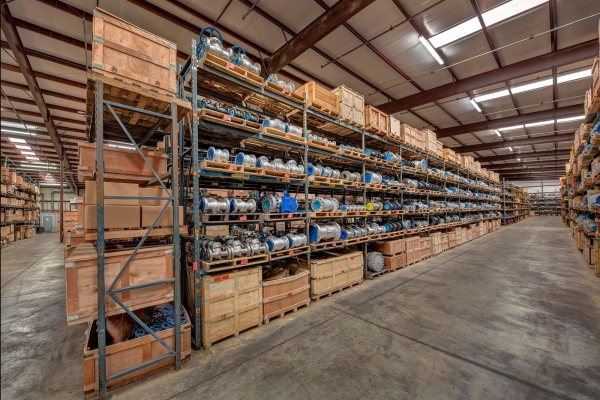
Trusted Industrial Valve Distributor – Industry Leader
26/02/2025
With the continuous growth of Vietnam's economy, the demand for industrial valves and related technical solutions has significantly increased. In this article, we would like to introduce a reputable and leading industrial valve distributor in this field — Phuc Minh Engineering Co., Ltd.

Top 10 best water flow meter brands today
12/02/2025
Sensus water flow meter: Origin: Germany. Advantages: The product has high precision, durable design and stable operation in many different environmental conditions. Sensus clocks are certified by European CO, CQ, suitable for large-scale projects.
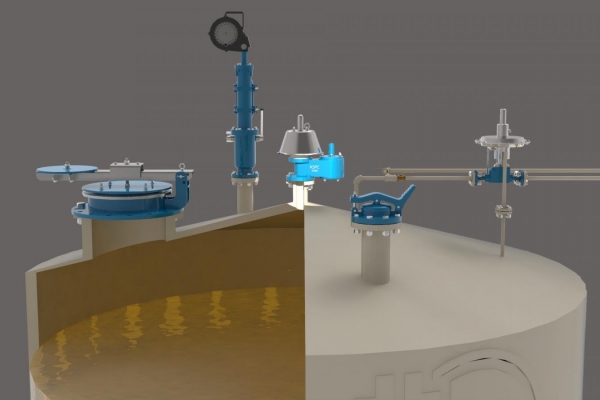
What Is a Breather Valve?
05/02/2025
A breather valve, also known as a pressure-vacuum relief valve (PVRV), is a safety device that protects storage tanks from explosion or collapse caused by pressure differences. It is typically installed on top of storage tanks for fuels, chemicals, LPG, or gases.







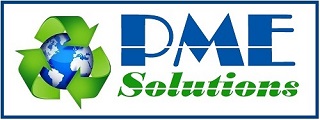

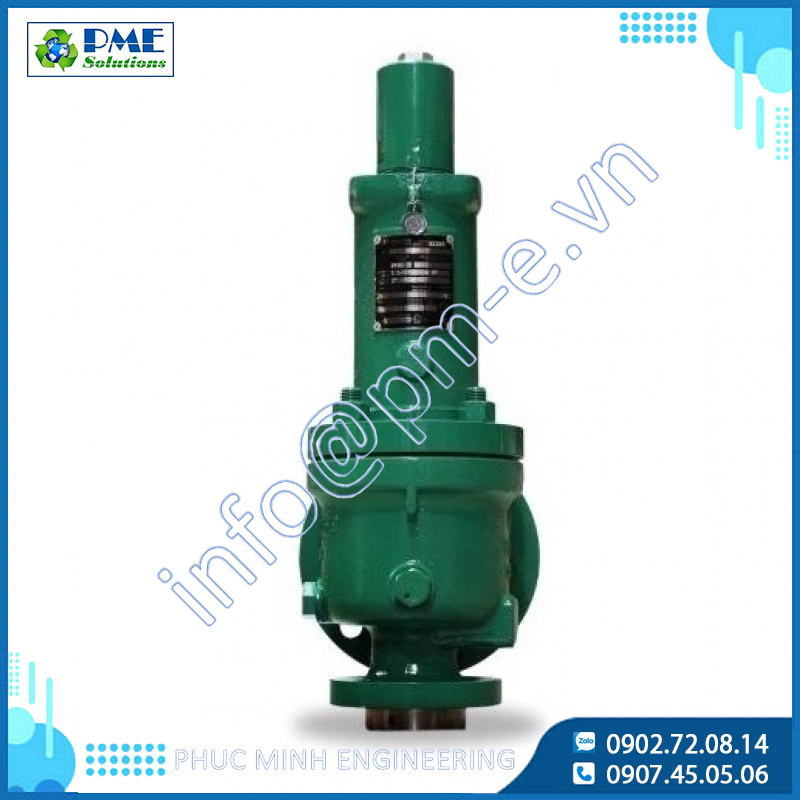
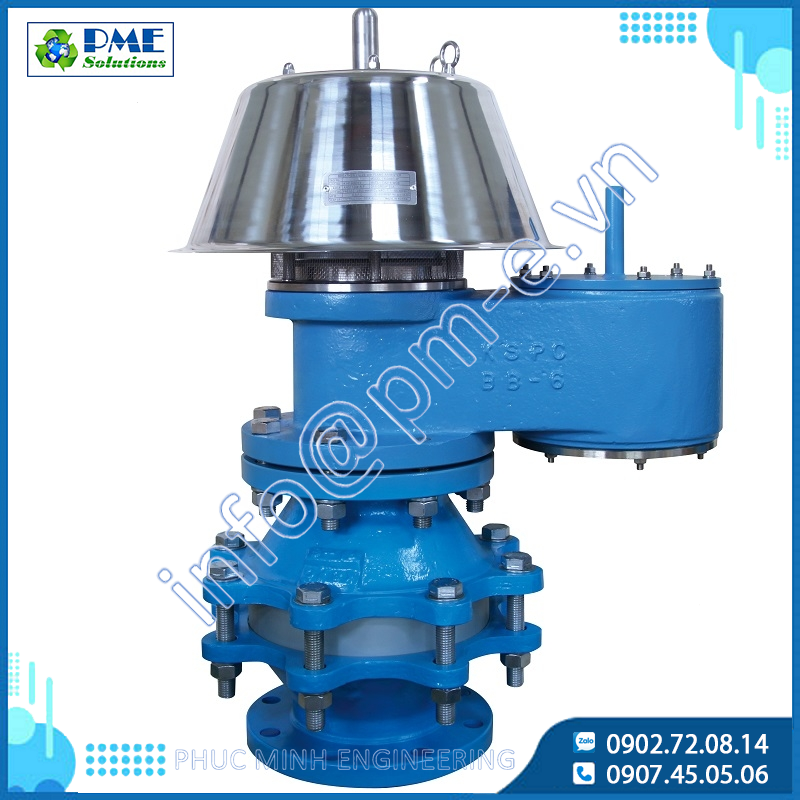
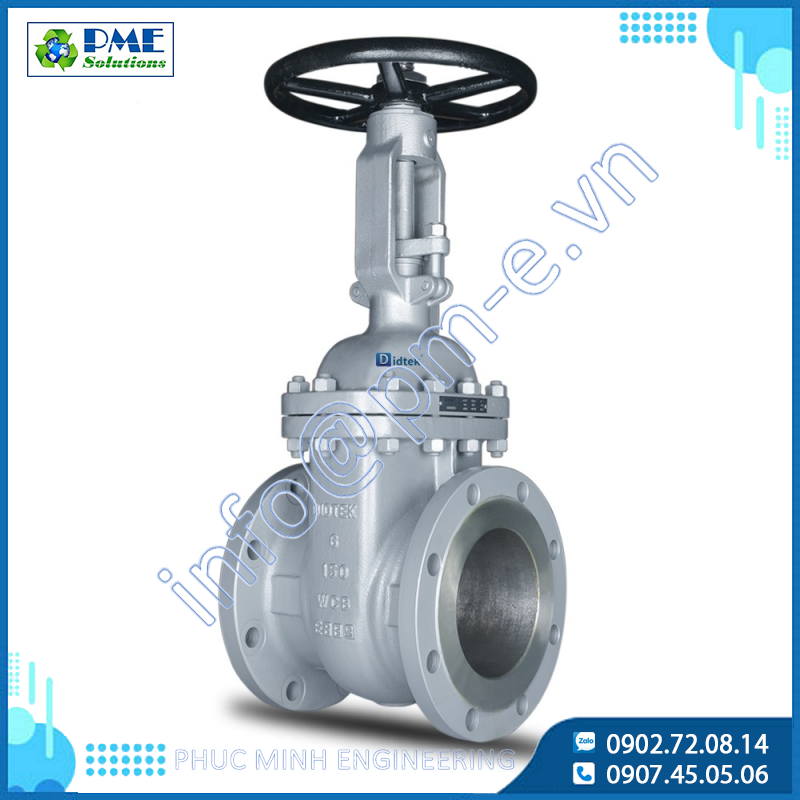
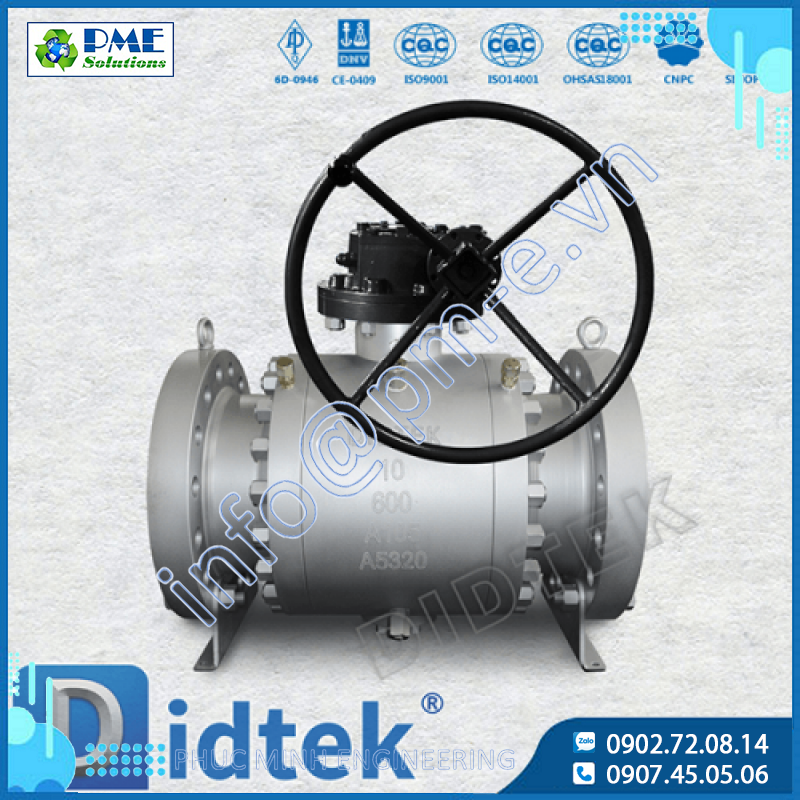
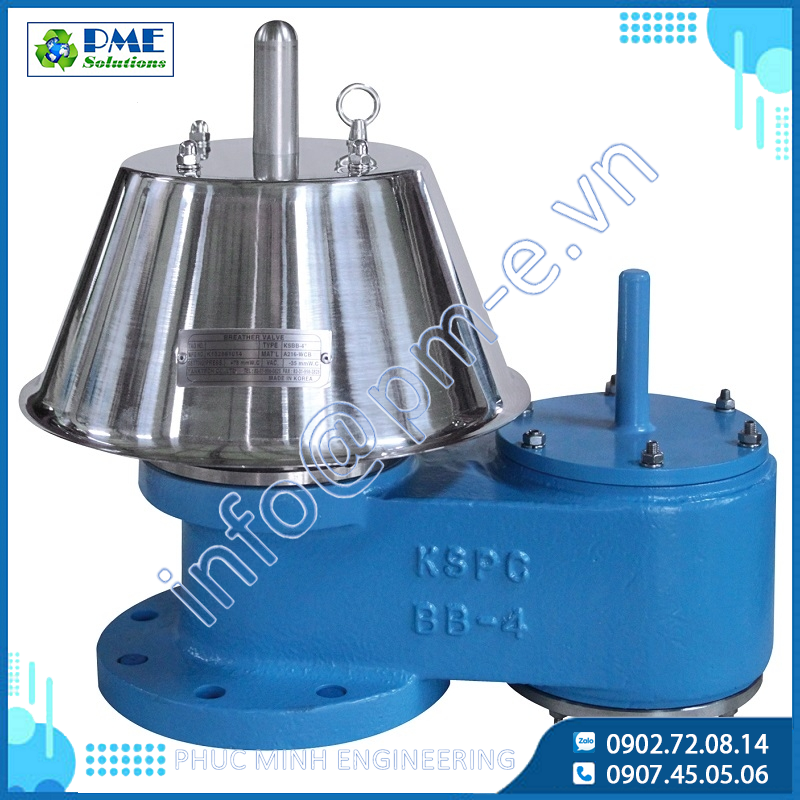
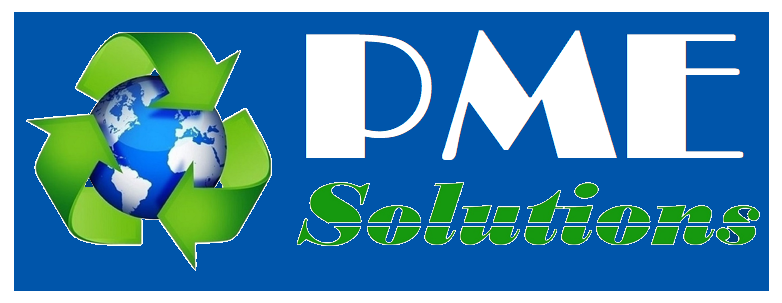

.png)





